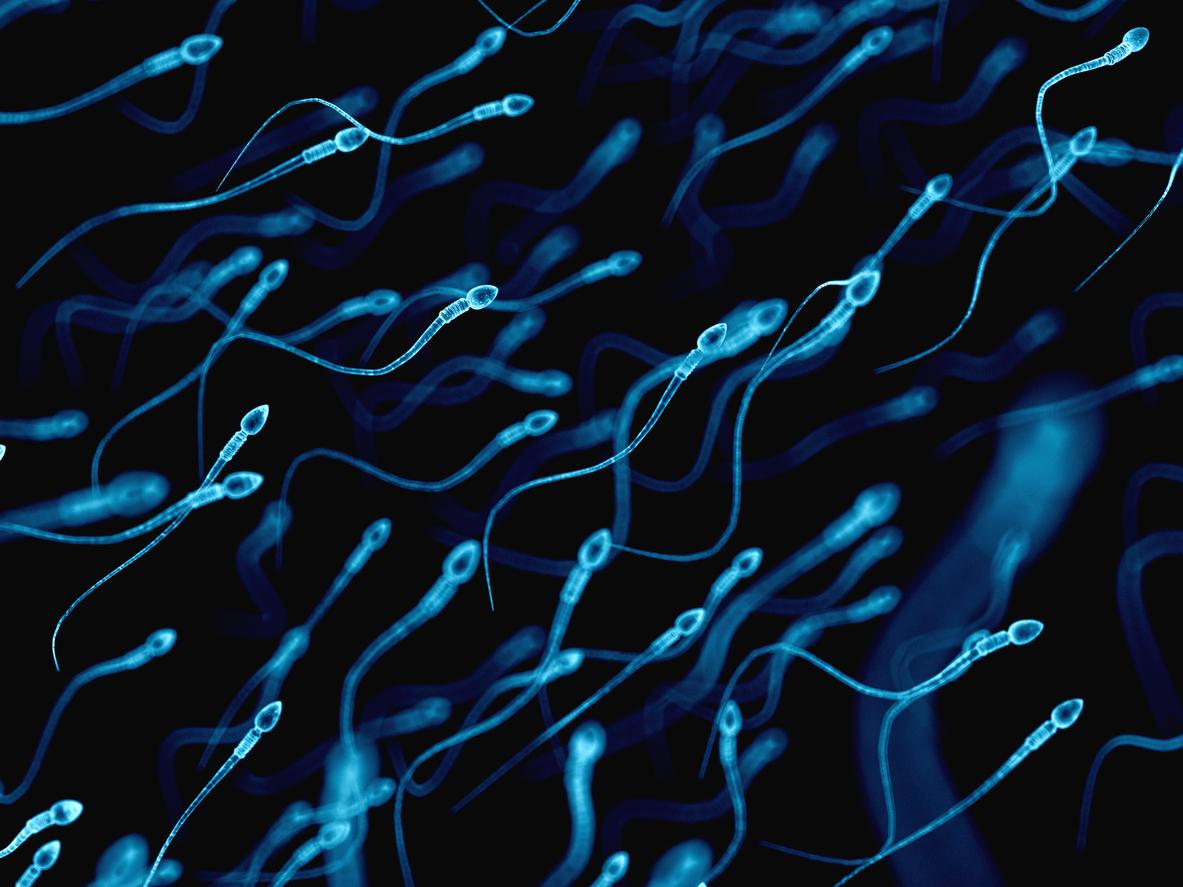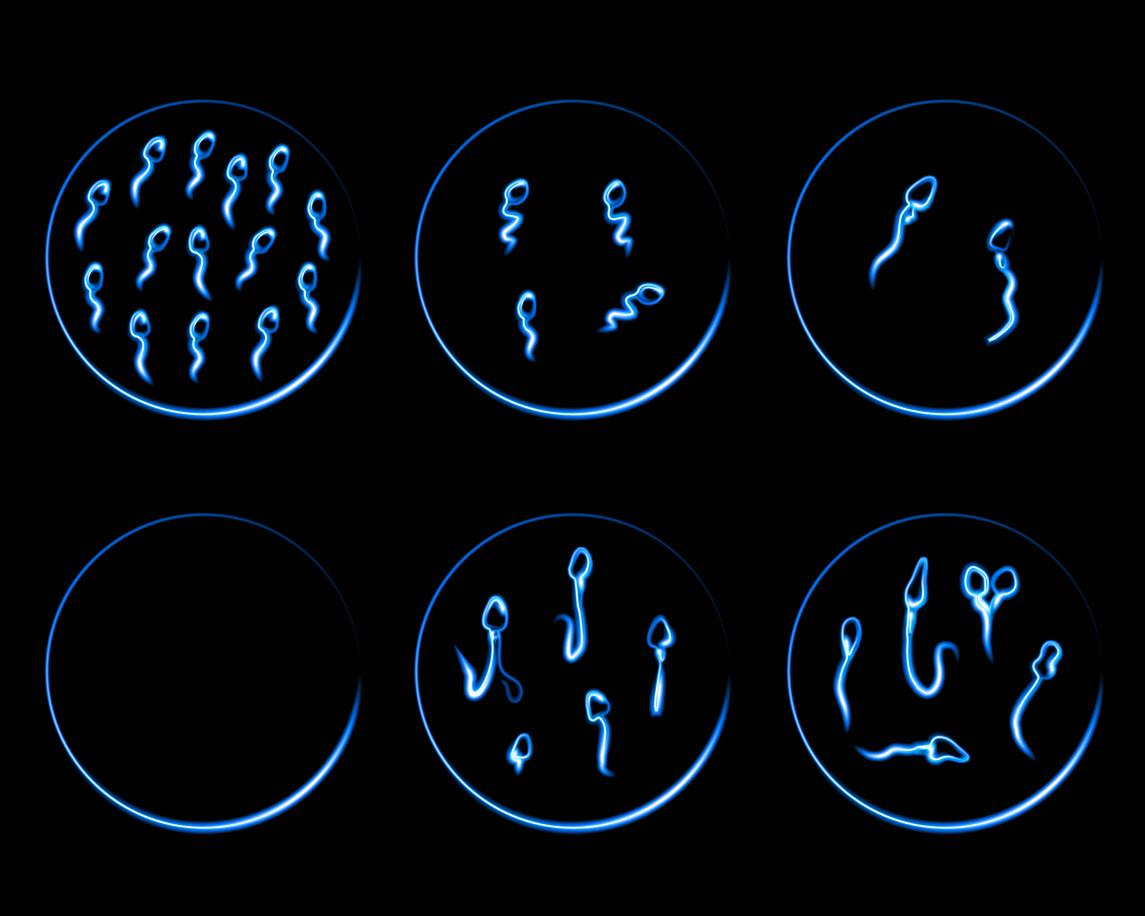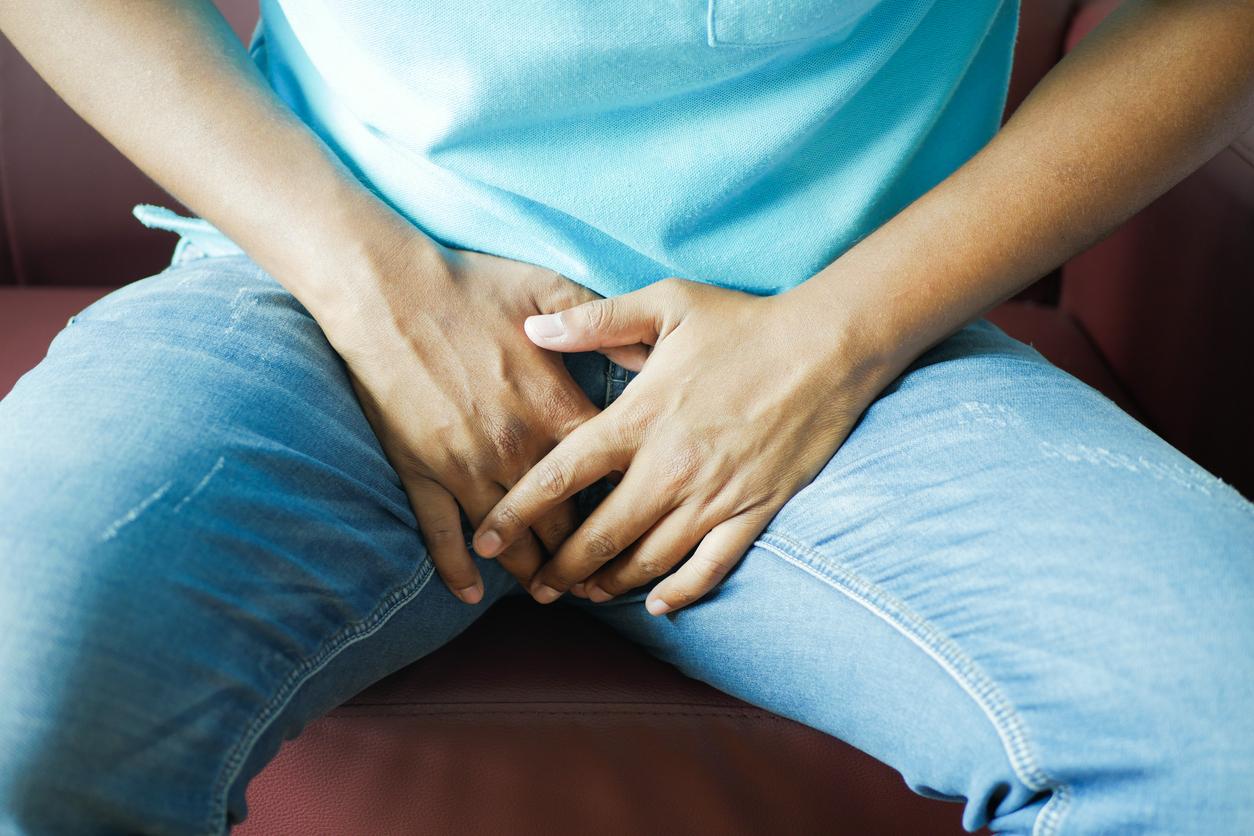Good news for gamete seekers: the egg and sperm donation broke a new record in 2021.”Nearly 600 men donated sperm in 2021. This is the highest recorded to date, with the highest level previously standing at 404 donors in 2017“, says the press release from the Biomedicine Agency.
Egg donations have also exploded. “Close to 900 women donated their eggs in 2021“, continues the Agency. Here too, this is the highest level ever recorded: the record was until then at 836 women in 2019.
This increase is largely explained by the extension of the PMA to female couples and single women last September. To cope with the influx of requests, the Biomedicine Agency then launched an awareness campaign… which clearly bore fruit.
6,800 new requests for first consultation in 2021
In 2021, the demand for medically assisted reproduction has also increased. “2,300 consultations were carried out with a view to ART with sperm donation by couples of women and single women“, details the press release from the Agency.
Close to 6,800 initial consultation requests on the part of single women and female couples have been recorded by the Biomedicine Agency. 47% of these requests concern female couples, and 53% single women. “This is more than double what we anticipated after the first year of the law.“, declared the Minister of Health Olivier Véran to the National Assembly on February 23.
In total, six attempts at medical assistance to procreation with sperm donation by female couples and single women were undertaken and a pregnancy was in progress as of December 31, 2021, according to the Agency.
To know : the average treatment time for an AMP between the first appointment and the first attempt is one yearwith disparities on French territory.
Source :
- Implementation of the bioethics law: the biomedicine agency convened the national monitoring committee for the second time, Agence de la biomédecine, February 2022
Read also:
- PMA for all is now authorized in France
- Medically assisted procreation: what if you donated your gametes?
- After IVF, women are 26% more likely to have a premature child
















